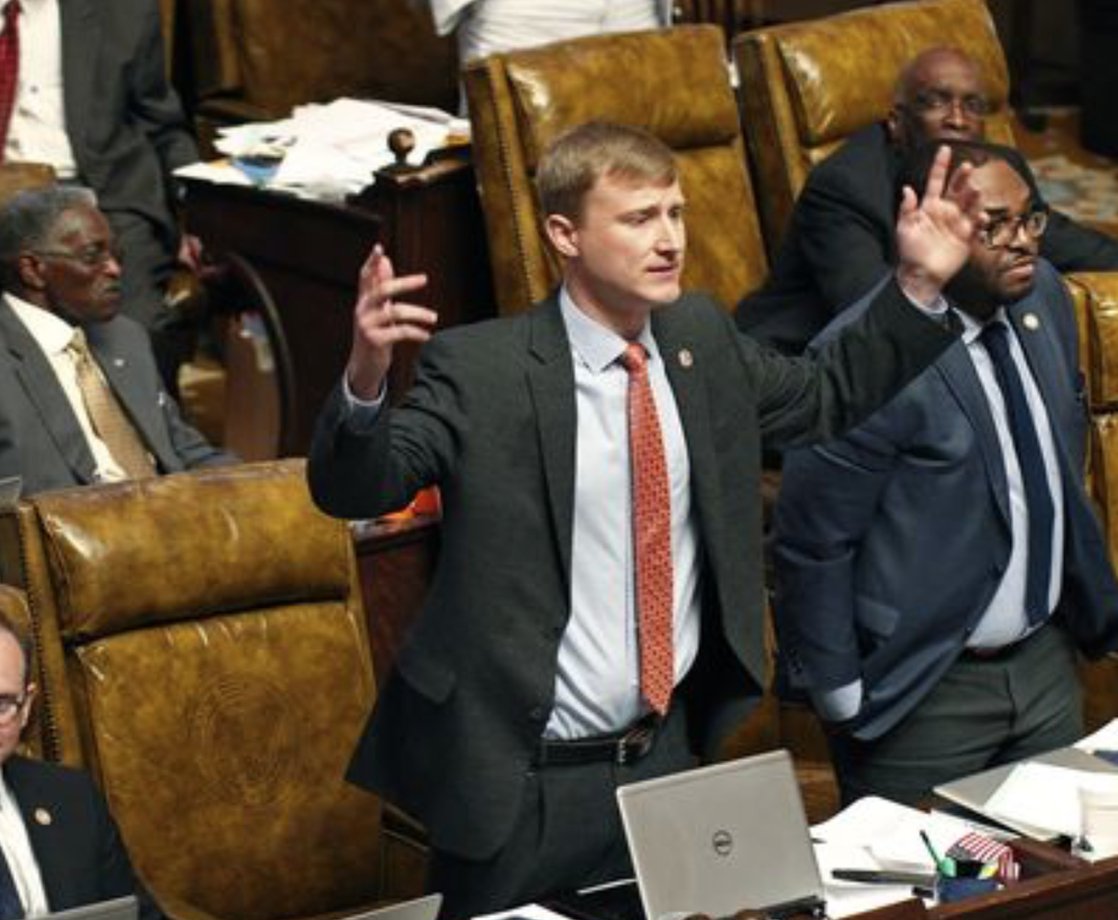California Governor Jerry Brown met with state legislators early this week to solidify a state budget. At the Sacramento meeting, both parties agreed to a finance plan pushing hundreds of millions of dollars to prevent homelessness and encourage higher education, but declined to allocate $14 million of proposed funding towards statewide enforcement against black market cannabis.
According to the Los Angeles Times, legislators rejected the illicit marijuana interdiction cash, citing funding complications. In a draft of the state budget released by Governor Brown last month, $14 million was set aside to create five teams in the Golden State attorney general's office specifically tasked with "targeting illegal cannabis activity with an emphasis on complex, large-scale financial and tax evasion investigations."
For decades, California has been America's main hub for black market pot, with abundant sunshine, deep-rooted cannabis culture, and relatively-relaxed state laws pushing weed from the hills and warehouses of the Golden State to every corner of the country. Since legal recreational bud first hit dispensary shelves on January 1st, fully-licensed ganjapreneurs have responded by pushing for increased enforcement of illicit ganja growers and sellers that they say are encroaching on their above board business. In May, Governor Brown's suggested cannabis budget funding was lauded by legal weed industry lobbyists.
"We have consistently maintained, since full implementation of the licensing and regulatory framework in January, that additional enforcement is essential to addressing illicit activity," Amy Jenkins, a legislative advocate for the California Cannabis Industry Assn (CCIA), told the Los Angeles Times in May.
At Monday's state capitol budget meeting, though, legislators rejected the Governor's cannabis funding proposal because it did not fit within the state's legal weed tax regulations. Governor Brown's draft plan would have pulled the money for black market enforcement directly from marijuana retail excise taxes, but those funds are already earmarked for education, drug treatment, and more.
"The Assembly supports these cannabis enforcement units and proposed the units be funded through the General Fund due to concerns they are an ineligible use of Cannabis Tax Fund dollars," Kevin Liao, a spokesman for Assembly Speaker Anthony Rendon, said in a statement. "The administration rejected that proposal."
Even without the expected $14 million in anti-cannabis enforcement resources, the California attorney general's office is already working hard to coral illegal weed sales. Late last month Northern California U.S. Attorney McGregor Scott announced a $2.5 million plan to team up with Golden State AG Xavier Becerra and target grow sites hidden in national parks.
"The illegal growth of cannabis is undeniably a major threat to public safety. It is also killing our wildlife, polluting our waters, and destroying our public lands," Attorney General Becerra said.
As California regulators continue to license more marijuana businesses, Jenkins and the CCIA told the Times that the group was "disappointed" by the budget decision, but would continue to work with lawmakers to try and secure the legitimate status of Golden State ganja.
Follow Zach Harris on Twitter











